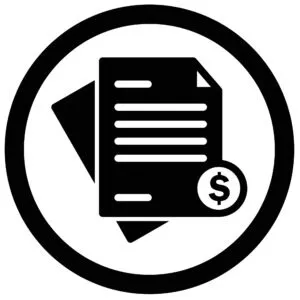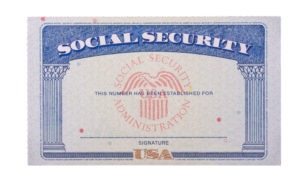
Social Security Disability: Can My Benefits Be Garnished?
Understanding the complexities of Social Security Disability (SSD) and Supplemental Security Income (SSI) benefits can be challenging, especially when it comes to understanding if these benefits are protected from being garnished.
If you are relying on these benefits for financial support, it is important to know your rights. This blog post will discuss whether SSD and SSI benefits can be garnished and what protections are in place.
Understanding SSD and SSI Benefits
Before we discuss garnishment, we need to define the differences between SSD and SSI benefits.
- Social Security Disability (SSD) benefits are designed for individuals who have a qualifying disability and have paid into the Social Security system through their work history. To qualify, you must have worked a certain number of years and have a medical condition that severely limits your ability to perform basic work activities.
- Supplemental Security Income (SSI) on the other hand, is need-based and provides financial assistance to low-income individuals who are disabled, elderly or blind. Unlike SSD, SSI does not require prior work history, making it vital for many who struggle with disabilities and limited resources.
Can SSD and SSI Benefits Be Garnished?
The straightforward answer is: Generally, no. Both SSD and SSI benefits are protected from most forms of garnishment. This protection is a crucial safeguard for individuals and families relying on these benefits to meet their basic needs.
40+ years of experience from strong, knowledgeable, compassionate attorneys.
Start A Free EvaluationUnder federal law, Social Security benefits, including both SSD and SSI, are generally exempt from garnishment for most types of debts, such as credit card bills, medical bills or personal loans. This means that creditors cannot legally take your SSD or SSI benefits to pay off debts. The Social Security Administration (SSA) explicitly states that these benefits are protected to ensure that recipients can maintain a basic standard of living.
Exceptions to the Rule
While there are protections in place, there are exceptions to this rule.
- Federal Debts: If you owe federal taxes or have defaulted on federal student loans, your disability benefits may be subject to garnishment. The U.S. Department of Education and the Internal Revenue Service (IRS) have the authority to garnish your benefits to recover these debts.
- Child Support and Alimony: Courts can order the garnishment of disability benefits for child support or alimony payments. This process typically involves a court order, and the garnishment amount is usually capped to ensure that recipients still have enough to meet their basic needs.
- Bankruptcy: While SSD and SSI benefits are protected in bankruptcy, any funds received after filing can potentially be used to pay creditors. It is important to consult with a bankruptcy attorney if you find yourself in this situation.
Protecting Your Benefits
If you find yourself facing potential garnishment, here are some steps you can take:
- Document Your Income: Keep thorough records of your SSD or SSI payments. If a creditor attempts to garnish your benefits, having this documentation can help you prove that your income is exempt from garnishment.
- Contact Social Security: If you are unsure about your rights or are facing legal action, contact the Social Security Administration or visit your local office. They can provide guidance on your specific situation.









